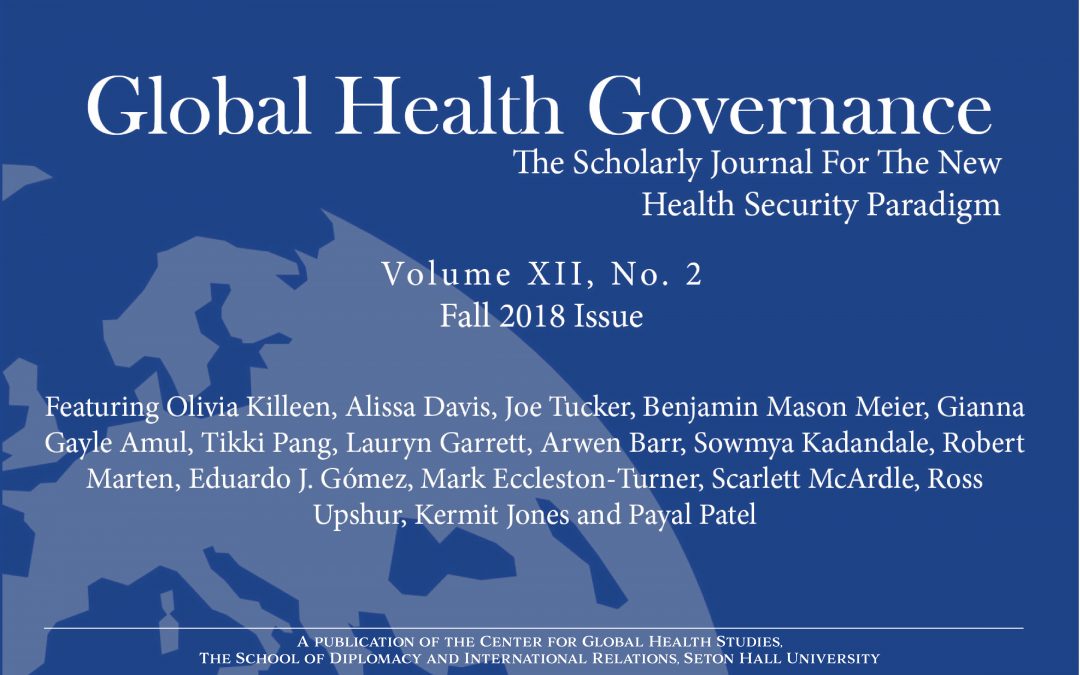by Olivia J. Killeen, Alissa Davis, Joseph D. Tucker, and Benjamin Mason Meier
China has become a key actor in global health diplomacy, particularly in Africa, but little attention has been given to the evolution of Chinese health assistance to African states. This paper conceptualizes Chinese health diplomacy in Africa over the past fifty years through three analytic frameworks: realist vs. constructivist motivations in international relations, vertical vs. horizontal initiatives for health assistance, and bilateral vs. multilateral approaches to global health. Drawing lessons from the evolution of American health assistance, we argue that a better understanding of these frameworks—recognizing why countries pursue health diplomacy, what vertical and horizontal strategies they use, and how they engage in this work bilaterally or multilaterally—could improve global health diplomacy.

